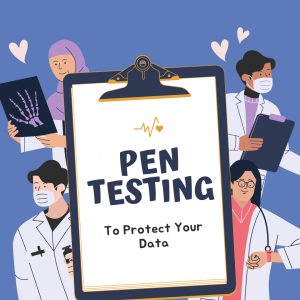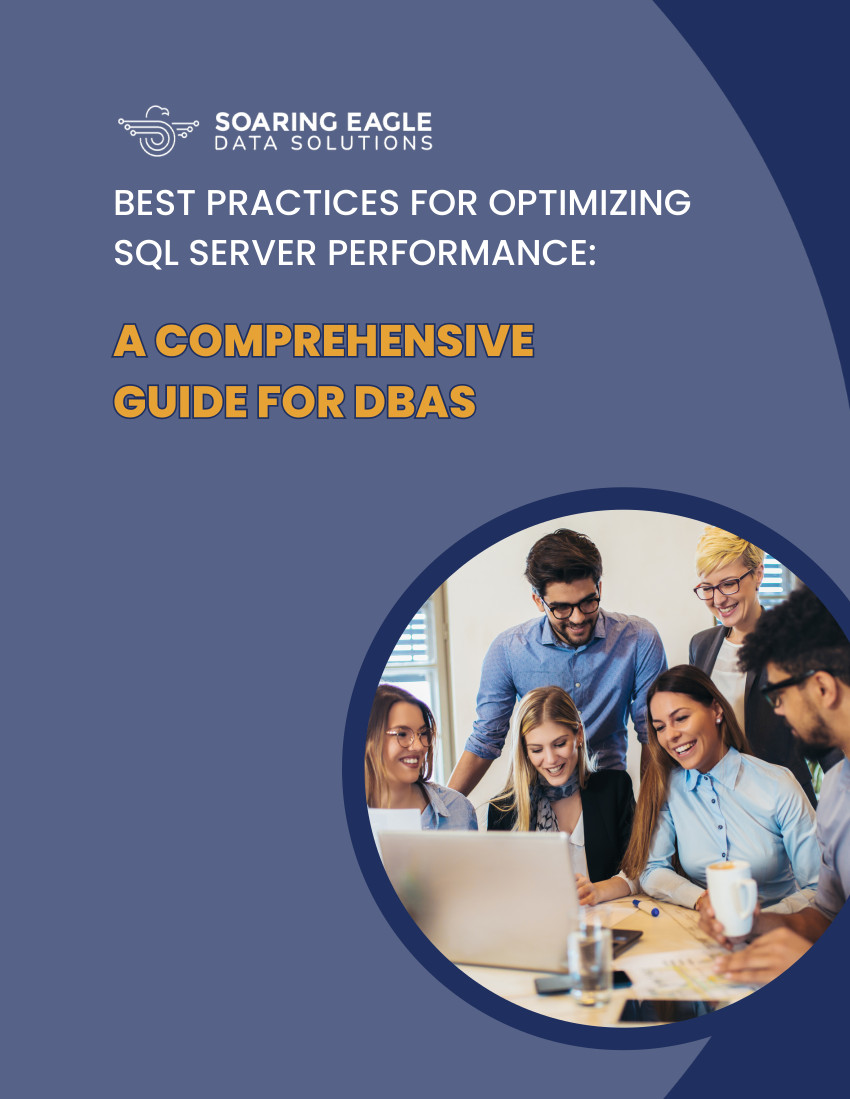Healthcare organizations manage vast amounts of sensitive data, including personal health information (PHI) and payment card information (PCI). Given the sensitive nature of this data, healthcare organizations must ensure robust cybersecurity measures are in place. One critical component of a comprehensive cybersecurity strategy is conducting annual internal and external penetration tests. Passing Pent Tests is a key component to being compliant with the Health Insurance Portability and Accountability Act (HIPAA), the Payment Card Industry Data Security Standard (PCI DSS)s.
Healthcare organizations store and process sensitive data, including PHI and PCI. Unauthorized access to this data can result in significant harm and financial loss to patients AND their providers. Penetration tests help identify vulnerabilities in the organization's network, applications, and systems that malicious actors could exploit. By addressing these vulnerabilities, healthcare organizations can prevent data breaches and protect the privacy and security of their patients' information.
The healthcare industry is subject to strict regulations regarding the protection of PHI and PCI. HIPAA sets standards for protecting PHI, while PCI DSS outlines requirements for securing payment card data. Failure to comply with these regulations can result in hefty fines and legal penalties. Regular penetration testing is a proactive measure that demonstrates an organization's commitment to compliance and helps identify any gaps in security controls that must be addressed to meet regulatory requirements.
A healthcare organization's reputation is closely tied to its ability to protect patient data. A data breach can erode trust and result in losing patients to competitors. By conducting annual penetration tests and addressing identified vulnerabilities, healthcare organizations can demonstrate their commitment to data security, thereby maintaining the trust of their patients and stakeholders.
The cybersecurity threat landscape constantly evolves, with new vulnerabilities and attack methods emerging regularly. Annual penetration tests allow healthcare organizations to avoid these threats by identifying and mitigating vulnerabilities before attackers can exploit them.
The cost of a data breach can be astronomical, including direct financial losses, legal fees, and reputational damage. In comparison, penetration testing is a cost-effective risk management tool that helps prevent breaches by identifying and addressing vulnerabilities proactively.
Annual internal and external penetration tests are essential for healthcare organizations to protect sensitive data, comply with regulations, maintain trust and reputation, stay ahead of evolving threats, and manage risks cost-effectively. By prioritizing these tests, healthcare organizations can ensure the security and privacy of their patients' information, thereby fulfilling their ethical and legal responsibilities.



